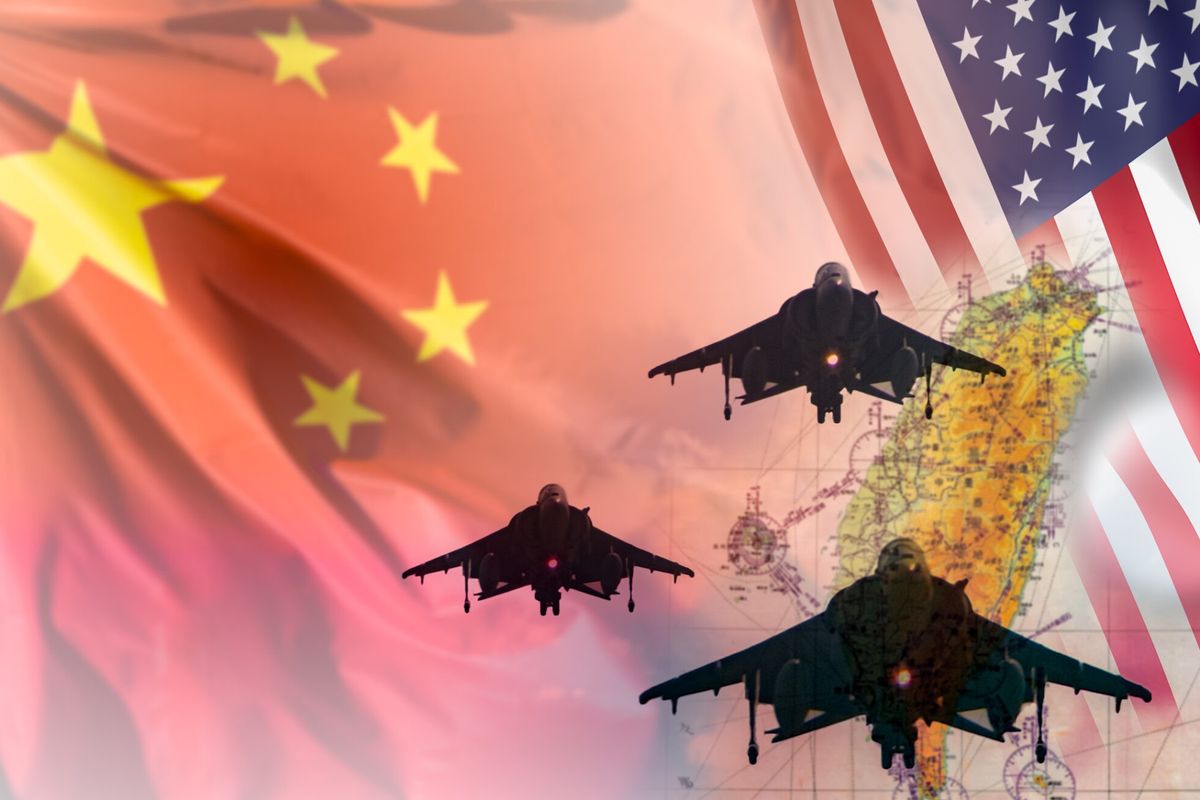On July 20th, the U.S. and Cuba exchanged diplomatic notes and opened embassies in their respective capitals. This “normalization” was a big step for relations between the two countries, but the U.S.-Cuban relationship remains far from normal. There are four key points that must be addressed to reach this normalized status.
1. The biggest barrier to reaching normalization is the U.S. embargo. The U.S. maintains an embargo on tourism, investment, and trade with Cuba. In order to remove it, Congress must change or repeal the Cuban Democracy Act, the Cuban Liberty and Democratic Solidarity Act, and the Trade Sanctions Reform and Export Enhancement Act. Congress also plays a part in establishing new trade relations, as they did during the normalization process with Vietnam through the U.S.-Vietnam Bilateral Trade Agreement.
Opponents to lifting the embargo come from all parties. The staunchest opposition comes from presidential candidate Senator Marco Rubio, a Republican, and Democratic Senator Robert Menendez, both Cuban-Americans. They believe ending the embargo is a U.S. concession to a tyrant state.
2. Congress has threatened to block funding for the embassy and the appointment of an ambassador. Though the Department of State has not yet nominated an ambassador, Congress must approve any appointment. House Republicans have already included language in a Department of State funding bill for 2016 that blocks money for the embassy in Havana.
Ted Cruz, a Republican Senator from Texas and presidential candidate, made his opposition clear: “I will hold any nominee President Obama sends to the Senate to be ambassador to Cuba, and I will work to disapprove any new funds for embassy construction in Havana, unless and until the President can demonstrate that he has made some progress in alleviating the misery of our friends, the people of Cuba.”
3. Compensation offers potential for compromise. The United States estimates that U.S. property nationalized by the Castro regime is worth approximately $1.9 billion. Additionally, “tens of billions of dollars” worth of property owned by Cubans who are now American citizens was expropriated by the Cuban government.
Cuba, on the other hand, claims $1.11 trillion in damages caused by the embargo. This issue may offer a small area of compromise, as neither side is likely to pay the other without concessions of some form.
4. The Guantanamo Bay controversy may thwart the normalization process. The U.S. obtained the right to lease Guantanamo Bay in 1934, well before the Cuban Revolution in 1959. The Cuban government treats the U.S. Naval Base there as an illegal occupation. Officially, the U.S. pays Cuba $4,085 per month to use Guantanamo, but the Cuban government has only ever cashed one check - in 1959.
A barrier to addressing this request is the U.S. military detention facility in Guantanamo Bay set up to hold suspected terrorists following the September 11th attacks on the U.S. Obama has unsuccessfully tried to close the prison since 2009. Current draft legislation is likely to face strong opposition in Congress. Until the military detention facility is closed, the U.S. cannot consider relinquishing control of the land.
Alana Garellek is an analyst with The Cipher Brief.













